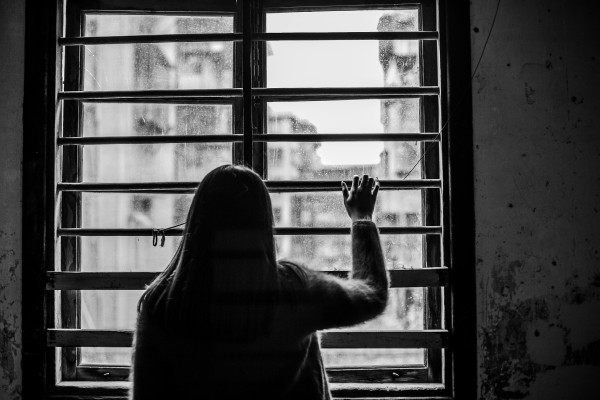What you need to know about Schizophrenia
Schizophrenia is a serious mental condition in which people interpret reality in a absurd manner. It results in hallucinations, delusions, and extremely disordered thinking and behavior that affects day to day activities.
People with schizophrenia require lifelong treatment. Seeking early therapy may help get symptoms under control before serious complications are developed and may help improve the long-term outlook.
Schizophrenia includes a range of problems with thinking, behavior and emotions. Delusions, hallucinations or disorganized speech are few symptoms of Schizophrenia, and reflect an impaired ability to function.
- Delusions: Delusions are false beliefs that are not real. For instance you think that you're being harmed or targetted, certain gestures or comments are directed at you; you are exceptional famous; another person is in love with you; a mishap is about to take place. Delusions occur in most individuals diagnosed with schizophrenia.
- Hallucinations: Hallucinations involve seeing or hearing things that don't exist in reality. For the person diagnosed with schizophrenia, they have the full force and impact of a normal experience.
- Disorganized speech: Disorganized thinking results in disorganized speech. Effective communication can be distorted and answers to questions may be completely unrelated. Communication may include putting together meaningless words that can't be understood.
- Extremely disorganized or abnormal motor behavior: This may be evident in a number of ways, from childlike silliness to unpredictable agitation. Examples are facing challenges to follow instructions, inappropriate or bizarre posture, a complete lack of response, or useless and excessive movement is seen in behaviour.
- Negative symptoms: Lack of ability to function normally is the key symptom. For example, the person may not pay attention to personal hygiene or appear to lack emotion, avoid eye contact, or speak in a monotone. The person may lack interest in daily activities, may socially withdraw and completely go in a shell.

Symptoms can vary over time, with periods of worsening and remission of symptoms. Some symptoms may always be present.
The exact cause of schizophrenia is not known, but researchers believe that a combination of genetics, brain chemistry and environment contributes to development of the disorder.
Problems with neurotransmitters dopamine and glutamate contribute to schizophrenia. Differences in the brain structure and central nervous system of people with schizophrenia can be seen in neuroimaging studies.
The precise cause of schizophrenia isn't known, but certain factors seem to increase the risk of developing or triggering schizophrenia, including:
- Having a family history of schizophrenia
- Few pregnancy related complications, such as malnutrition or exposure to toxins or viruses that may impact brain development
- Taking mind-altering drugs like psychoactive or psychotropic drugs during teen years and young adulthood
Schizophrenia, if left untreated, can result in severe problems that affect every area of life. Complications that schizophrenia may cause include:
- Suicide, suicide attempts and thoughts of suicide
- Anxiety disorders and obsessive-compulsive disorder (OCD)
- Depression
- Substance abuse
- Inability to work or attend school
- Financial problems and homelessness
- Social isolation
- Health and medical problems
- Being victimized
- Aggressive behavior, although it's uncommon
There's no sure shot way to prevent schizophrenia, but following the treatment plan can help prevent relapses or worsening of symptoms. However researchers hope that learning more about risk factors for schizophrenia may lead to earlier diagnosis and treatment.
Individuals showing the symptoms of schizophrenia often lack awareness that their difficulties stem from a severe mental condition that requires medical attention. So it often gets treated late.
If you think someone may have symptoms of schizophrenia, talk to him or her regarding your concerns. Although you can't force someone to seek medical help, you can offer encouragement and support and help your loved one find a qualified doctor or mental health therapist.